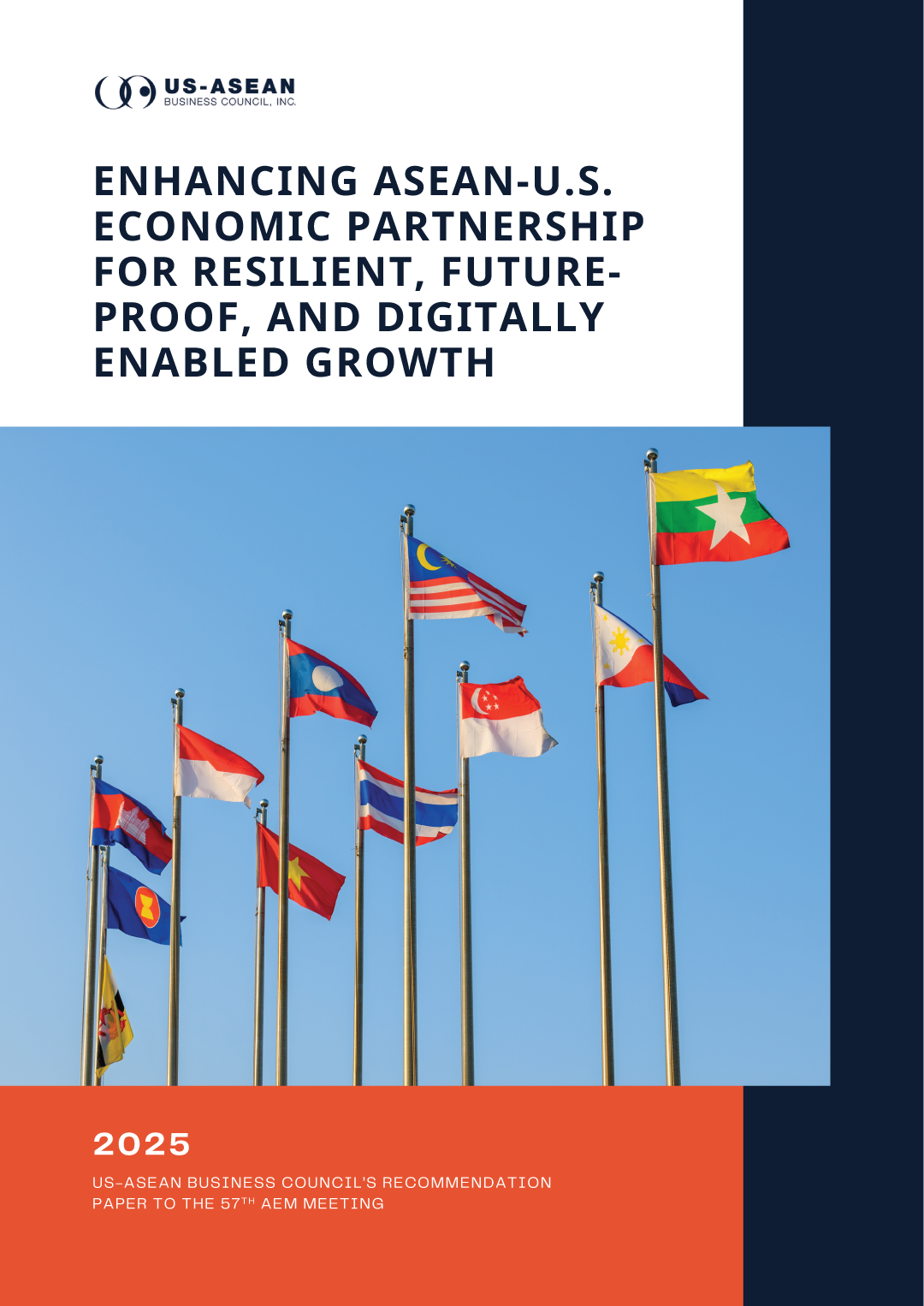African Swine Fever Outbreaks Demand Fast Vaccine Rollout

Pork constitutes a significant portion of the Philippines’ diet and economy, accounting for over a third of the consumer price index. However, the persistent threat of African Swine Fever (ASF) has continued to plague hog raisers since the initial outbreak in 2019, resulting in the culling of millions of pigs. Recently, the Department of Agriculture’s Bureau of Animal Industry confirmed new cases of African Swine Fever (ASF) last month in the Philippines, prompting concerns. ASF vaccines have started to undergo testing in Vietnam, where swine fever is prevalent, and the Vietnamese government has approved two vaccines for domestic commercial use. The Philippines seeks assistance from the U.S. Food and Drug Administration to certify these vaccines, as they hold promise in protecting approximately 600,000 pigs, aged between 6 to 10 weeks. Nevertheless, the challenge remains significant, with only 1 million vaccine doses anticipated by 2024, a fraction of what is needed for the country’s 6 million hog population. The World Health Organization for Animal Health (WOAH) has indicated the need for further testing, and regulatory hurdles loom large, hampering widespread use. Meanwhile, the Philippines has reduced tariffs on imported pork until the end of 2024, exacerbating concerns among local swine farmers and depressing farmgate prices. To alleviate the impact, the government has extended financial aid to affected farmers.
A similar situation unfolded in Malaysia, where African Swine Fever has infected more than 68,000 pigs. The shortage of pigs has led to a shift towards alternative meats such as chicken, prompting governments to impose price caps on these substitutes. Pig markets in the region have then experienced an increase in prices for both live animals and pork products due to rising prices of imported maize, soya beans, and rice bran. To address this, international coordination between governments and companies in Southeast Asia’s pork industry is underway, aiming to meet pork demand at affordable prices, curb the smuggling of potentially contaminated pork from Vietnam, and educate farmers to recognize the disease’s symptoms. Despite such efforts, ASF cases have flared up in other ASEAN nations, including Indonesia, Thailand, and Singapore. This regional spread amplifies the urgency of collaborative efforts to contain the disease.










